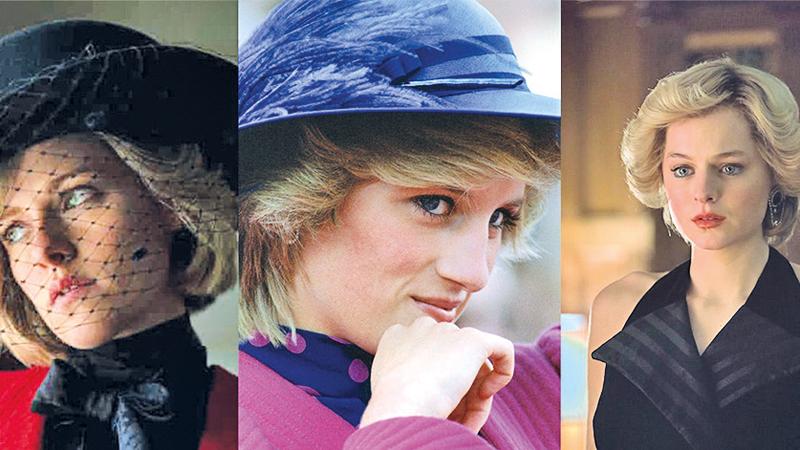
The writer unpacks the problem with Hollywood’s interest in retelling Princess Diana’s life story and tragic death.
We’ve seen the story play out time and time again, and yet we can’t seem to get enough of it.
Recently the first promotional images of the new Princess Diana movie, Spencer, were released, showing an unrecognizable Kristen Stewart characterized as Lady Di. The movie will be directed by Pablo Larraín.
But, can this movie bring something original to the table? Do we really need to see again the tragic story of Diana of Wales?
As historical women go, Diana Spencer is probably the one who has received the most screen time. A quick Google search reveals at least 14 movies and six documentaries about her, without taking into account her character arc in the latest season of The Crown, and a new Broadway musical set to open in May 2021 after premiering on Disney+. To say that Larraín’s movie has big shoes to fill would be an understatement.
The world is so obsessed with her story that even I, despite being born exactly a year after the car accident that killed Lady Di, can picture Diana’s life in my head as if I had lived it alongside her.
Today, 24 years after her death, she still is.
Time and time again, in every new movie, book, and TV show, we see the same innocent 18-year-old who found her real-life Prince Charming. In less than six months, Diana Spencer went from a kindergarten teacher to a benevolent princess and future queen. She had a beautiful wedding, two children, and a country that instantly fell in love with her. Diana was every woman’s fashion icon and every little girl’s fantasy. She was living a fairytale, and yet the narrative is that she hated every second of it.
Most adaptations focus nonetheless on what was happening behind closed doors. After all, that’s the part of the story we don’t have real-live footage of. With different degrees of accuracy, movies have portrayed Diana’s worsening mental health, eating disorder, and suicide attempts. They show Prince Charles’ adulterous relationship with Camilla Parker Bowles and Diana’s constant requests for him to leave her. They recreate how Diana publicly admitted to having been cheated on (and cheating herself), divorced the heir to the throne, and was repudiated by British royalty. Although movies such as Diana (2013) do show Lady Di finding happiness after her divorce, every biopic ultimately ends on the memory of that fateful 1997 night where she lost her life.
From what I gather, Diana lived a miserable life. Even when she was alive, she hated being harassed by the press. “I understand they had a job, but people did not understand they had binoculars on me the whole time,” she told Andrew Morton for his book Diana: Her True Story. It seems hard to believe that the person who said this would have enjoyed seeing her marriage and death constantly recreated on screen, for the world and her family to re-live.
From the information that we have, it seems that Spencer will lean towards the empowerment narrative of Princess Diana’s life. That angle is definitely promising, but the movie will still need to bring something very original to the table to be able to justify yet another movie about Lady Di.
Why not make a movie about Ida B. Wells, born into slavery and one of the first women to run for public office in the United States? Let’s tell the story of Florence Nightingale, the inventor of modern nursing, Ada Lovelace, the world’s first computer programmer, or Maria Tallchief, the first Native American Prima Ballerina.
The only instances when Lady Di welcomed the media’s attention was when she was raising awareness of social issues such as AIDs, homelessness, and landmines. Honoring Diana’s legacy should not be about profiting from her trauma, but about continuing the efforts she made to make the world a better place and celebrating other women who did the same.
